Methylenedioxy-Methylamphetamine MDMA Rocks
$320.00 – $6,300.00
Methylenedioxy-Methylamphetamine MDMA Rocks
Methylenedioxy-Methylamphetamine (MDMA), also known as Ecstasy or Molly when in its crystalline form, is a synthetic drug that acts as both a stimulant and a hallucinogen. MDMA rocks, which refer to the pure, crystalline form of the substance, are known for their potent psychoactive effects that include enhanced mood, heightened sensory perception, and increased emotional connectivity.
MDMA was first synthesized in the early 20th century but gained prominence in the 1970s and 1980s for its use in psychotherapy and recreational settings. The drug works primarily by increasing the activity of three neurotransmitters in the brain: serotonin, dopamine, and norepinephrine. This surge in neurotransmitter activity results in feelings of euphoria, emotional closeness, and a profound sense of well-being. Users often report enhanced tactile sensations, making music and touch particularly enjoyable.
The effects of MDMA typically begin within 30 to 45 minutes after ingestion and can last for 3 to 6 hours. Users may experience a range of physical effects such as increased heart rate, elevated blood pressure, and dehydration, alongside the psychological effects. It is important to note that while MDMA is generally perceived as safe in controlled environments, it can have adverse effects, particularly with high doses or in combination with other substances. Risks include hyperthermia, serotonin syndrome, and long-term neurotoxicity with repeated use.
In recent years, there has been a resurgence of interest in the therapeutic potential of MDMA, particularly in the treatment of post-traumatic stress disorder (PTSD) and other mental health conditions. Clinical trials have shown promising results, leading to MDMA-assisted psychotherapy being considered for approval by regulatory bodies.
Despite its therapeutic potential, MDMA remains a Schedule I controlled substance in many countries, indicating a high potential for abuse and no accepted medical use according to current legislation. However, ongoing research and advocacy continue to challenge these classifications, aiming to integrate MDMA into mainstream therapeutic practices responsibly.
Would you like to add or modify any details in these descriptions?
Uses of Methylenedioxy-Methylamphetamine (MDMA) Rocks
- Recreational Use:
- Social and Party Settings: MDMA rocks are commonly used in social settings such as parties, raves, and music festivals. Users seek its euphoric effects, enhanced sensory perception, and feelings of emotional closeness.
- Enhanced Experience: The drug amplifies the enjoyment of music, dancing, and physical touch, contributing to its popularity in these environments.
- Therapeutic Uses:
- Psychotherapy: MDMA has shown promise in therapeutic settings, particularly for treating post-traumatic stress disorder (PTSD). MDMA-assisted psychotherapy can help patients process traumatic memories by reducing fear and increasing emotional connectivity.
- Mental Health Treatment: Research is ongoing into MDMA’s potential benefits for other mental health conditions such as anxiety, depression, and social anxiety in autistic adults. It is being studied for its ability to facilitate deep emotional breakthroughs and improve patient outcomes.
- Research Applications:
- Neuroscience Research: MDMA is used in research to study its effects on brain chemistry and function, helping to better understand the mechanisms of mood regulation and emotional processing.
- Clinical Trials: Clinical trials are being conducted to establish the safety and efficacy of MDMA-assisted therapies, aiming to gain regulatory approval for therapeutic use.
Properties of Methylenedioxy-Methylamphetamine (MDMA) Rocks
- Chemical Properties:
- Chemical Structure: MDMA, with the chemical formula C11H15NO2, belongs to the substituted amphetamines class. It is structurally related to both amphetamines and mescaline, combining stimulant and hallucinogenic effects.
- Appearance: MDMA rocks are typically clear or white crystalline solids, though they can also appear in various colors depending on purity and added substances.
- Pharmacological Properties:
- Mechanism of Action: MDMA primarily works by increasing the release of serotonin, dopamine, and norepinephrine in the brain. This surge in neurotransmitter activity produces its characteristic psychoactive effects.
- Onset and Duration: The effects of MDMA begin within 30 to 45 minutes after ingestion, peak at about 1.5 to 3 hours, and last for 3 to 6 hours. Residual effects can continue for several hours after the peak.
- Psychoactive Properties:
- Euphoria and Well-being: Users experience intense feelings of happiness, emotional warmth, and a sense of well-being. This is often accompanied by reduced anxiety and increased sociability.
- Sensory Enhancement: MDMA enhances sensory perceptions, particularly touch and sound, making experiences like music and physical contact more enjoyable.
- Emotional Connectivity: The drug fosters a sense of empathy and emotional closeness with others, which can be therapeutic in controlled settings.
- Physical Properties:
- Physiological Effects: MDMA increases heart rate, blood pressure, and body temperature. It can also cause jaw clenching, dehydration, and muscle tension.
- Side Effects and Risks: Potential adverse effects include hyperthermia, serotonin syndrome, and neurotoxicity with repeated use. Long-term use can lead to cognitive deficits and mood disturbances.
- Legal Status:
- Controlled Substance: MDMA is classified as a Schedule I controlled substance in many countries, indicating a high potential for abuse and no accepted medical use under current regulations.
- Regulatory Approval: Despite its legal status, ongoing research and clinical trials are exploring the possibility of gaining regulatory approval for MDMA-assisted therapies, particularly for PTSD.
Would you like to explore any specific aspect of MDMA rocks further?
| quantity | 5gram, 10 grams, 30 grams, 50 grams, 100 grams |
|---|
Be the first to review “Methylenedioxy-Methylamphetamine MDMA Rocks” Cancel reply
Related products
PSYCHEDELICS DRUGS
PSYCHEDELICS DRUGS



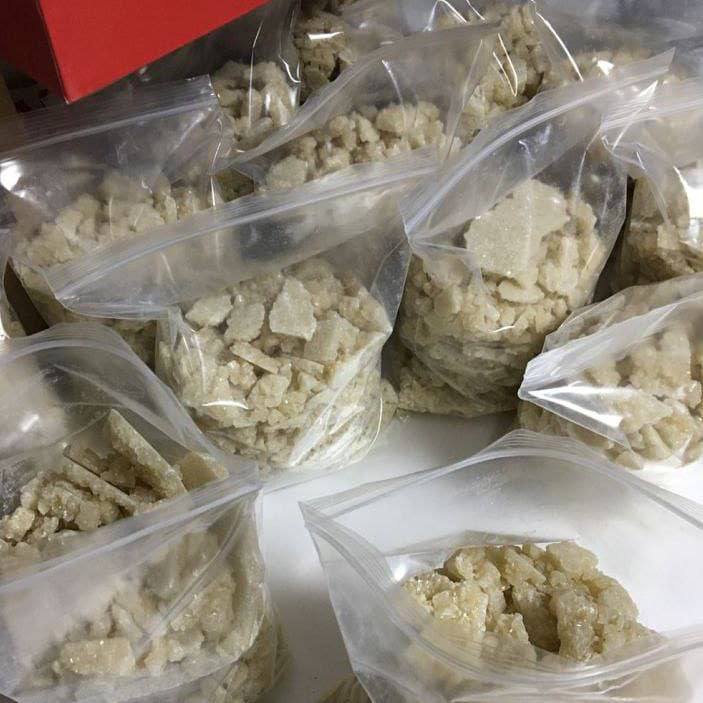

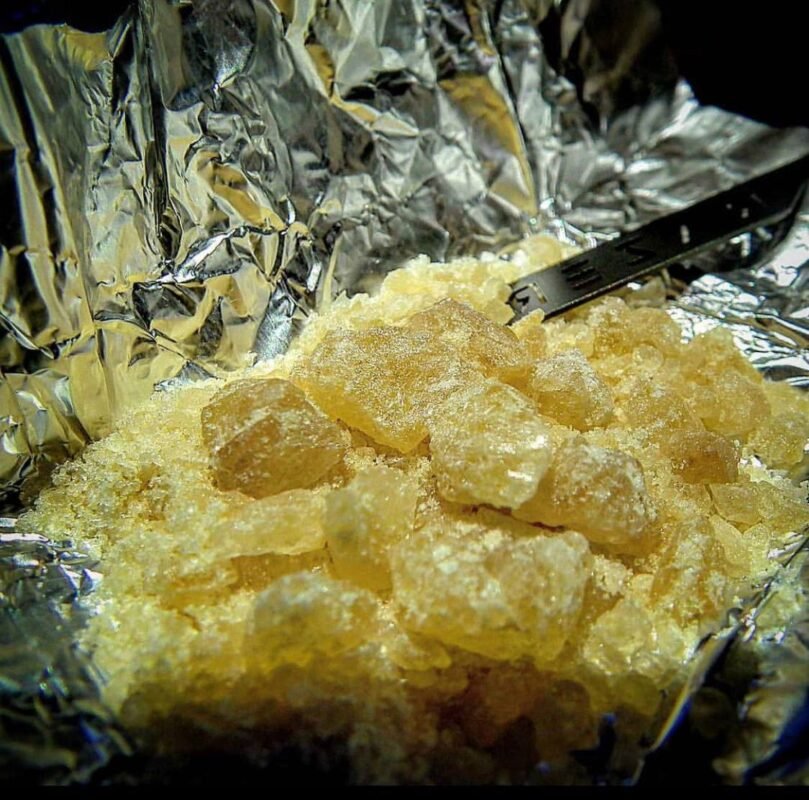




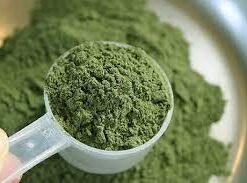
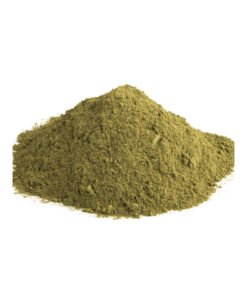



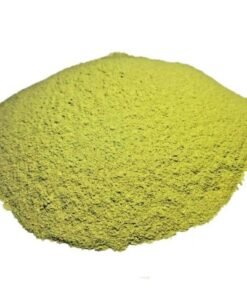



Reviews
There are no reviews yet.